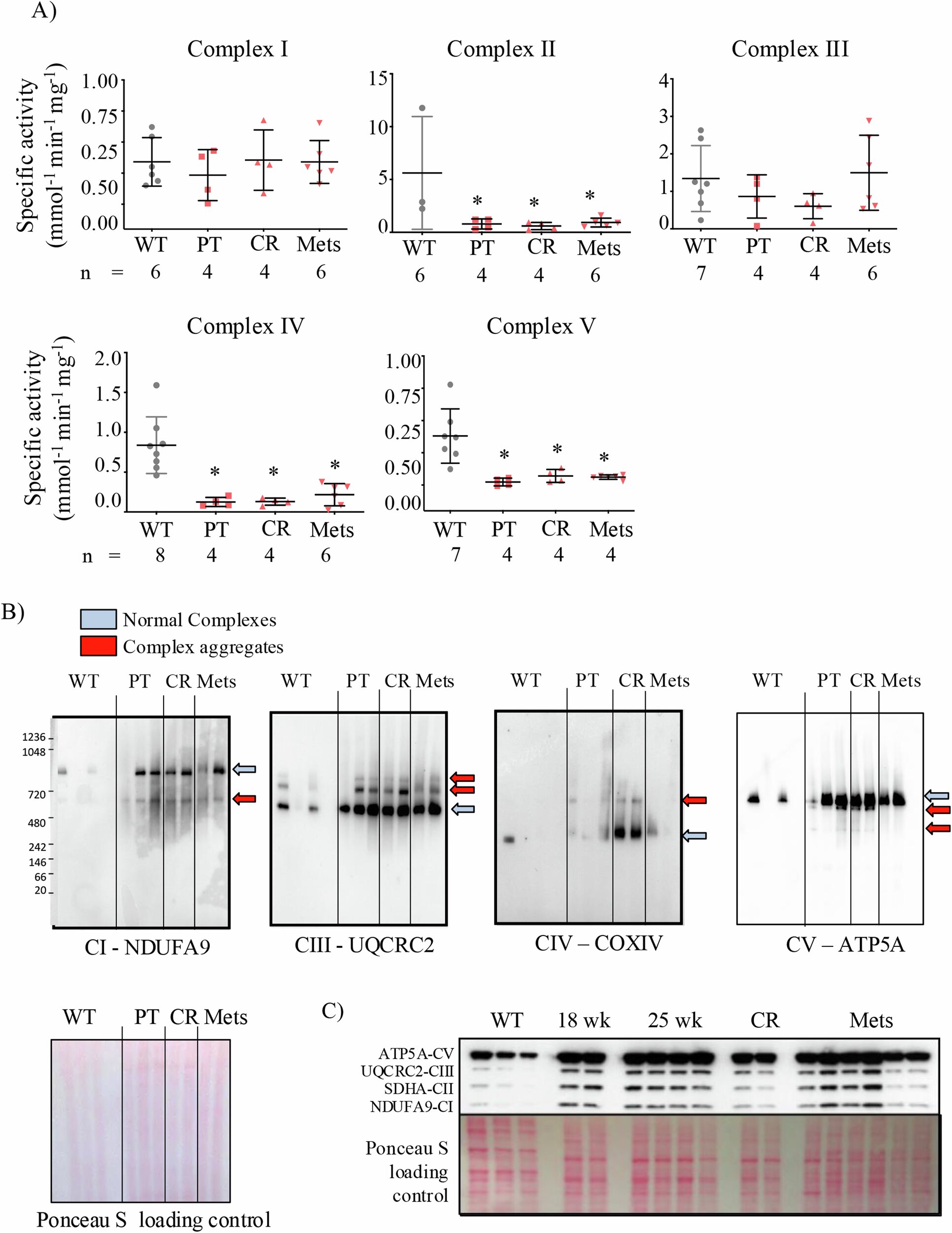Neuroendocrine prostate cancer (NEPC) is a rare and aggressive form of prostate cancer that often arises when typical prostate adenocarcinomas transform and become resistant to standard androgen deprivation therapies. Recent research led by Dr. Dhyan Chandra at Roswell Park Comprehensive Cancer Center has identified a potential therapeutic target for NEPC: the mitochondrial unfolded protein response (UPRmt). Mitochondria, known as the cell’s powerhouses, rely on UPRmt to maintain protein quality and function. The study, published in Oncogene, revealed that NEPC cells depend on UPRmt to sustain tumor growth and resist treatments like cisplatin. By inhibiting UPRmt, researchers observed increased sensitivity of NEPC cells to cisplatin and other mitochondrial-targeting drugs, suggesting a promising avenue for overcoming treatment resistance in this challenging cancer subtype.
This discovery underscores the critical role of mitochondrial quality control in NEPC progression and therapy resistance. Targeting UPRmt could disrupt the survival mechanisms of NEPC cells, potentially restoring their responsiveness to existing chemotherapies. As Dr. Chandra noted, “Our work demonstrates that castrate-resistant neuroendocrine prostate cancer relies on mitochondrial quality control to sustain tumor growth, metastatic potential, and cisplatin resistance.” These findings pave the way for developing novel treatment strategies aimed at improving outcomes for patients with this formidable form of prostate cancer. Click for More Details







